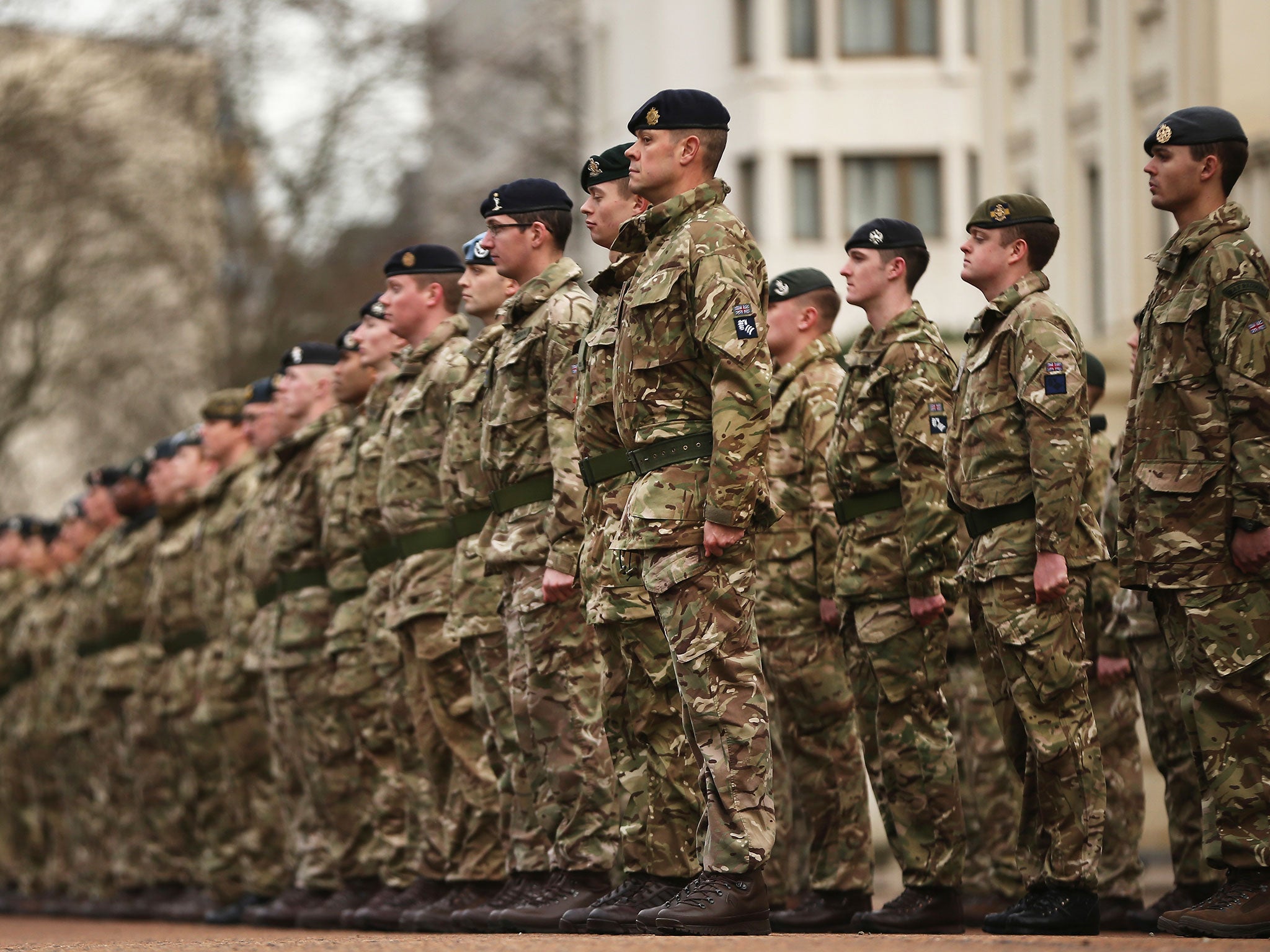BAE may get prickly, but anti-war campaigners deserve some answers
Parliamentary Business

Your support helps us to tell the story
From reproductive rights to climate change to Big Tech, The Independent is on the ground when the story is developing. Whether it's investigating the financials of Elon Musk's pro-Trump PAC or producing our latest documentary, 'The A Word', which shines a light on the American women fighting for reproductive rights, we know how important it is to parse out the facts from the messaging.
At such a critical moment in US history, we need reporters on the ground. Your donation allows us to keep sending journalists to speak to both sides of the story.
The Independent is trusted by Americans across the entire political spectrum. And unlike many other quality news outlets, we choose not to lock Americans out of our reporting and analysis with paywalls. We believe quality journalism should be available to everyone, paid for by those who can afford it.
Your support makes all the difference.At last, BAE Systems’ most supportive shareholders will be heard at the defence giant’s annual general meeting.
They will be delighted that, finally, there should be a lack of co-ordinated action by a deluge of anti-arms campaigners. A couple of years ago, I witnessed protesters carried by their limbs by security guards as they were evicted for chanting and singing against the company’s perceived wrongs, such as selling military equipment to oppressive Saudi Arabia.
These were the first evictions for five years, but, as they held proxy votes issued by the Campaign Against Arms Trade, their presence was legitimate, if annoying.
Other shareholders grumbled that they weren’t able to ask about the company’s financial performance as the protesters seemed to take up most of the available question time, as well as their rudeness in such a formal setting.
They had a point, but BAE’s response was more than a little heavy-handed, utterly unnecessary with, frankly, nasty undertones, and a bit reputationally damaging to witnesses like myself who are broadly, but not unquestionably, supportive of the defence industry.
I was later rebuked by some of the company’s PR minions, a futile yet irritating effort to block a column critical of both the event and the way it was mishandled by the then chairman, a visibly angry Dick Olver, who later received a knighthood.
The PR efforts again show that the “reputation management” industry has far too much confidence in its ability to control the media in what is supposedly an open democracy. Sometimes, these and similar ploys work: they never should, and we reporters have probably failed in shining a light on the PR industry’s murky tactics.
In fairness, BAE has since overhauled its PR operation and finally seems to accept that an arms company will attract criticism from pacifists and journalists, whether it likes it or not.
Fortunately, there will be no need to throw out any demonstrators, as most protesters will not make what can be a long journey to BAE’s headquarters in Farnborough on the day of the general election. There was criticism in 2013 that BAE had moved the meeting more than half an hour from its usual location in central London; the campaigners were irked at what they thought was an attempt to stop them reaching BAE.
If that was the case, the evictions prove this tactic failed. Last year, CAAT boasted that it had “dominated” the AGM and the new chairman, City veteran Sir Roger Carr, instructively described it as a “memorable” occasion.
But holding the meeting on polling day does appear to have disrupted the campaigners’ plans, I am told, with possibly no more than a handful of anti-war chanters. They readily concede that the event is held on the same week every year, and so cannot claim that BAE has held the AGM during the election on purpose.
However, this was a five-year fixed-term Parliament. The date is no surprise and BAE should have moved the AGM by a week.
BAE is not an ordinary company; it sells missiles, armoured vehicles and nuclear-fuelled submarines. BAE is, rightly, held up to a higher standard than its FTSE-100 peers, and that means it must make the argument for its existence to even its most implacable foes among the anti-war campaigners.

It might not hope to win that argument, but it can develop its defence and win over those who are undecided over whether the industry should effectively be abolished. No one, for example, wants troops to be underprepared for battle.
As it is a company, the public does not get to challenge BAE as often it should, while its actions are not subject to the Parliamentary scrutiny placed upon those who declare war.
It would be preferable if BAE could accommodate the protesters properly, while also devoting more time to genuine shareholders with other concerns, such as where growth is coming from at a time when military budgets are being slashed. On the protesters’ side, it would be good if they conducted themselves a little better – though this is often a function of the poverty of answers offered to them.
In the past, BAE executives have shown themselves prickly at such criticisms, while they have also bristled when told they have failed to answer a question properly.
If they don’t like it, they shouldn’t work at BAE.
It is, after all, a free country, something that some who have been associated with BAE would do well to remember.
City fears impact of political instability on markets
Finally, decision day. The most boring general election campaign in memory will have one of the most exciting results in history.
Paddy Power has odds of 11/4 that the mess will mean it takes a fortnight for some mishmash of parties to come to an arrangement that forms a government.
This ignores the possibility of a second election. The Fixed-term Parliament Act makes this eventuality difficult, but not impossible.
The electoral arithmetic might make it so difficult for either David Cameron or Ed Miliband to form a legitimate or stable government that they are forced to agree on a second poll.
If they don’t, the fear is that the result will be so confused that there will be five years of nervous, unworkable government that sends markets crashing.
Join our commenting forum
Join thought-provoking conversations, follow other Independent readers and see their replies
Comments